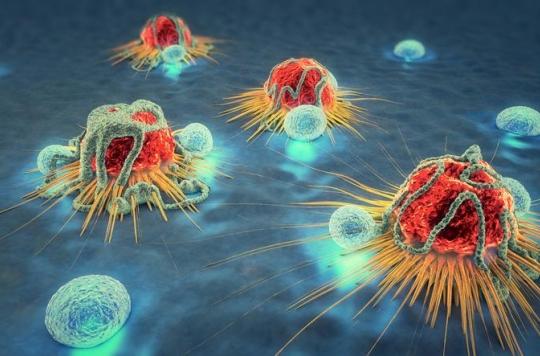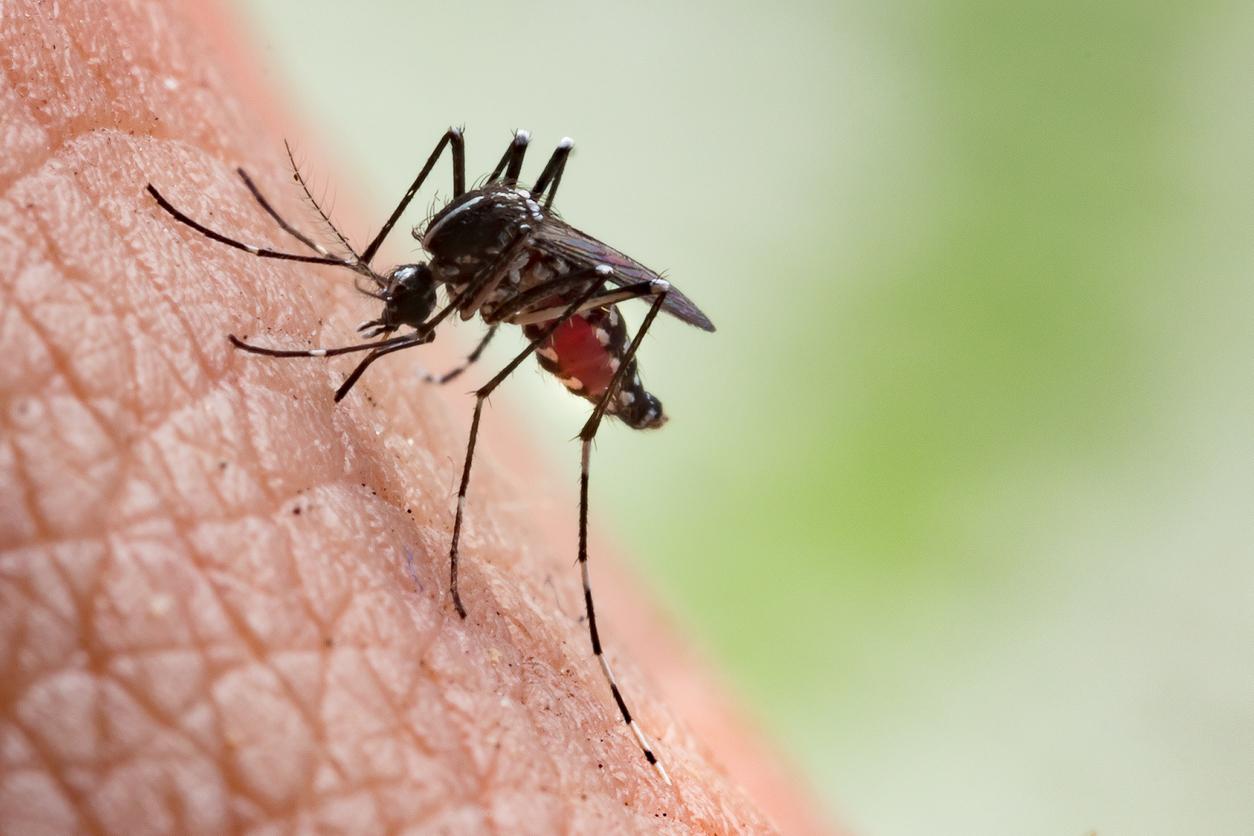Canadian researchers have just discovered the existence of 11 genes responsible for the spread of cancer. A major discovery that may ultimately block more than 99.5% of cancer metastases in living cells.

“A revolutionary discovery” of “incredible potential importance”. Here’s how John Lewis, a researcher at the Alberta Cancer Foundation at the University of Alberta, Canada, and a fellow of the Northern Alberta Cancer Research Institute (CRINA) called the discovery recently made by his team: that of 11 genes responsible for cancer metastases. “Metastasis kills 90% of all cancer patients. With this study, we discovered 11 new ways to end metastasis,” he said. Their work just published in the journal Nature Communications.
11 genes identified and isolated
As part of their research, the scientists developed an avian embryo without a shell to better visualize the growth and spread of cancer cells in real time. They then inserted small hairpin RNAs (shRNAs) into cancer cells – RNA stands for ribonucleic acid, a biological molecule chemically similar to DNA that serves as a support for cells to synthesize the proteins they make. need. These shRNAs are RNAs adopting a rod and loop structure used to carry out the extinction of a target gene. Here, the researchers used them to bind to 11 cell-specific genes and prevent their activation.
The researchers then inserted these cancer cells into the bird embryo and observed if they formed cancerous clumps. Those identified as showing metastatic properties were analyzed and the gene responsible for the metastasis extracted. By doing so, Professor Lewis’s team was able to detect and identify 11 genes that seem to play an essential role in the metastasis of cancer cells. According to the researchers, these genes are largely involved in the metastasis process, and not unique to a single cancer.
Prevent the spread of cancer
The researchers’ goal is now to test these genes in order to produce a treatment capable of stopping metastases. “We know that cancer, once it becomes metastatic, will continue to seed other parts of the body and the disease will progress and get worse because of it,” said Professor Lewis. “So I think if we can stop metastasis at any stage of progression in cancer patients, we’re going to have a significant effect on survival.” Next step: continue clinical trials in humans for the next several years.
.

















